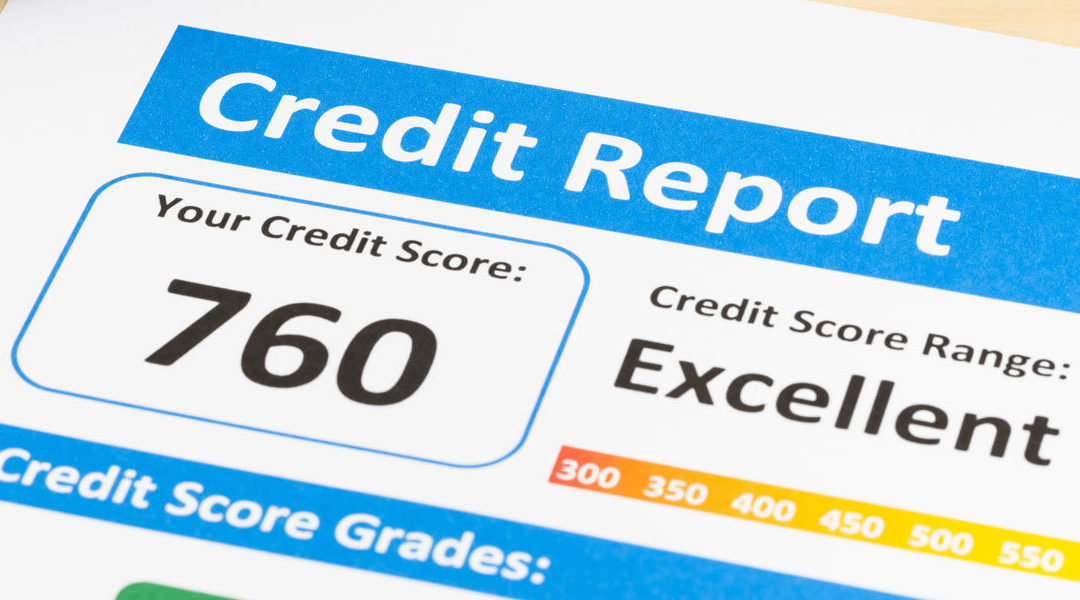Foreclosure is a significant financial event that can have lasting consequences, including its impact on your credit report. But just how long does a foreclosure stay on your credit report, and what does it mean for your financial future? Let’s delve into the details:
How Long Does Foreclosure Stay on Your Credit Report?
Foreclosure remains on your credit report for seven years from the date of the initial missed payment that led to the foreclosure. This means that even after the foreclosure process is completed and the property is sold, the negative mark will continue to affect your creditworthiness for several years.
Understanding the Impact of Foreclosure on Your Credit:
Foreclosure is considered one of the most damaging events for your credit score. It can significantly lower your credit score, making it challenging to qualify for new loans, credit cards, or favorable interest rates. Additionally, lenders may view you as a higher credit risk, leading to potential denials or higher borrowing costs.
How Does Foreclosure Compare to Other Negative Items?
While foreclosure is a severe negative mark on your credit report, its impact may lessen over time, especially if you take steps to rebuild your credit. Compared to other negative items like late payments, collections, or bankruptcies, foreclosure typically has a more prolonged effect on your credit score.
Rebuilding Your Credit After Foreclosure:
Despite the challenges posed by foreclosure, it’s possible to rebuild your credit over time. Here are some steps you can take to improve your creditworthiness:
- Pay Bills on Time: Consistently paying your bills on time is one of the most effective ways to rebuild your credit. Set up automatic payments or reminders to ensure you never miss a due date.
- Reduce Debt: Lowering your overall debt burden can improve your credit utilization ratio, a key factor in determining your credit score. Focus on paying down existing debts and avoiding new debt whenever possible.
- Establish Positive Payment History: Opening new credit accounts and using them responsibly can help demonstrate your creditworthiness. Consider applying for a secured credit card or becoming an authorized user on someone else’s account to establish positive payment history.
- Monitor Your Credit Report: Regularly review your credit report to check for inaccuracies or discrepancies. Dispute any errors you find to ensure your credit report accurately reflects your financial history.
Conclusion:
While foreclosure can have a significant impact on your credit report, it’s not the end of your financial journey. By understanding how long foreclosure stays on your credit report and taking proactive steps to rebuild your credit, you can overcome this setback and work towards a brighter financial future. Remember, patience, diligence, and responsible financial habits are key to improving your creditworthiness over time.

